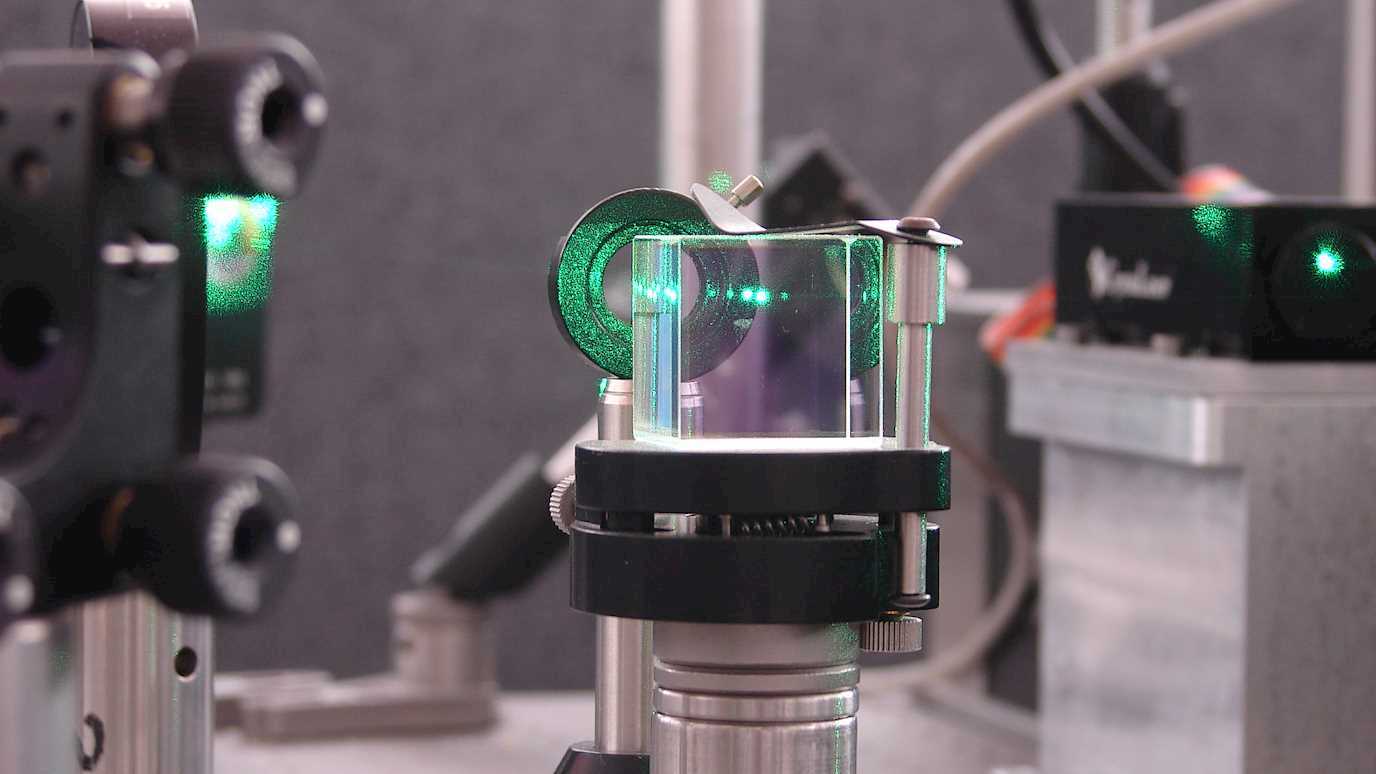Our diverse research portfolio includes projects looking at power systems, communications, nanotechnology, music and media technology, human factors, novel computing and signal processing.
Here’s a flavour of what we’re up to.
Vocal development in singing
Singing is an activity that many of us indulge in and find deeply rewarding for a number of reasons. By recording both choristers and non-choristers, we’re looking at voice development and voice change in girls and boys. Our aim to improve our understanding of the nature of the normal and pathological growing human voice.
Composite materials for wind turbines
Research on composite materials for wind turbines has improved the endurance of their rotor blades and power generation efficiency. This research is part of a large wind turbine energy programme named Supergen Wind 2 by the UK Wind Energy Technologies Consortium, originally established by the EPSRC as part of its Sustainable Power Generation & Supply Programme.
Turbine blades are crucial structures in a wind turbine, and this research is focusing on the investigation of the loading response of blade materials under complex loading conditions, especially on the strength and long-term endurance of blade materials which are manufactured by cost-effective and reliable processes.
The research looks at the strength and fatigue properties of composite laminates. This is used to evaluate the long-term performance under different loading conditions and to improve their fatigue performance.
Non-invasive cardiovascular disease risk prediction
Cardiovascular disease (CVD) is the primary cause of mortality in the world. Often, CVD goes undetected until complications appear. Many sufferers go unchecked as insufficient resources are available for regular screening. Therefore, the early detection of the onset of CVD is vital for effective prevention and therapy.
This research project proposes that the technique of Photoplethysmography (PPG) could be the basis for an inexpensive and effective method to assess cardiovascular disease risk. PPG is a non-invasive technique to measure cardiovascular health by sensing the change in blood volume in the finger pulp while the heart is pumping.
A proof of concept of this technique, using a Digital Volume Pulse waveform to assess cardiovascular fitness, exists already [Alty2007] and will form the basis of this research project. We will endeavour to further this work with original research into improved sensing and signal processing techniques to increase the sensitivity and specificity of the test.
Get in touch
For further information on our research, email our Director of Research, Dr Wenqing Liu.
Find out more about our researchers, publications and partners here.





















